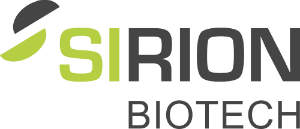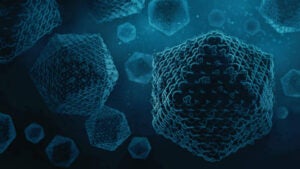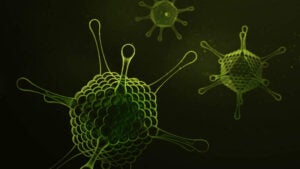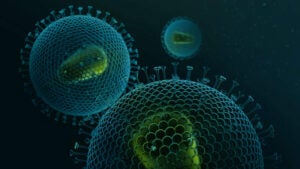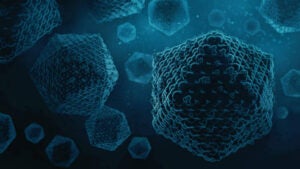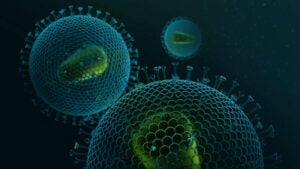SIRION Biotech Licenses Technology to National Institute of Allergy and Infectious Diseases
SIRION Biotech has entered a license agreement with the National Institute of Allergy and Infectious Diseases (NIAID), which is part of leading clinical research institute the National Institutes of Health (NIH).
Under the agreement, NIAID has licensed SIRION’s LentiBOOST™ technology to improve the clinical efficacy of its haematopoietic stem cell gene therapy programmes.
X-linked severe combined immunodeficiency (SCID-X1) is a genetic disorder that is caused by mutations of the ILR2G gene. The mutation causes a severe loss of T-cells, B-cells and natural killer (NK) cells, leading to profound impairment of the immune system of affected children.
Infants born with this severe immune deficiency require a life-saving haematopoietic stem cell transplant in infancy. When the transplant is performed without chemotherapy, most achieve only partial immune reconstitution, continue to have significant chronic medical problems, and also require life-long treatment with monthly injections of supplemental immunoglobulin (antibodies).
Until 2016 there were no treatments to improve the partially functioning immune system and associated medical problems affecting older children and young adults with SCID-X1.
In a clinical study at NIH, a small cohort of older children and young adult patients with SCID-X1 achieved significant clinical benefits, including production of their own immunoglobulins when treated with lentivector gene therapy to express healthy ILR2G. This ongoing study is led by Dr Suk See De Ravin and Dr Harry L Malech of the Genetic Immunotherapy Section in NIAID’s Laboratory of Clinical Immunology and Microbiology.
To further enhance the clinical response in this patient group, SIRION licensed its LentiBOOST™ technology to NIAID, which will be entitled to apply this technology for early clinical development of both its SCID-X1 trial and its other gene therapies such as multiple stem-cell and T-cell programmes.
By use of the LentiBOOST™ technology, it is the expressed goal of the NIAID investigators to further improve a durable clinical response in SCID-X1 patients receiving this gene therapy. A key element to achieve this goal was to achieve a consistently good target level of integrated genome copies for the therapeutic gene into engrafted CD34+ cells.
NIAID investigators found that when they included the LentiBOOST™ technology reagent into their standard good manufacturing practice (GMP) transduction manufacturing process, they reliably increased transduction efficiencies many-fold, achieving genome copy numbers of up to 1.5 to three copies per cell in the four patients who have been treated recently with cells manufactured with the new transduction method. These early results are highly promising in terms of achieving consistently increased target levels of gene correction.
CEO of SIRION Dr Christian Thirion said: “Gene therapies stand at a crossroads.
“Delivery of therapeutic genes by viral vectors is the most critical part of gene and cell therapy approaches nowadays. Our contribution is the optimisation of viral vector gene delivery allowing for superior transduction efficiency and long-term gene expression in treated patients.
“Furthermore, the use of transduction enhancers like LentiBOOST™ helps to reduce manufacturing costs by lowering the number of lentiviral vectors needed for the production of cell products. It fills us with pride to be working with Dr Malech and Dr De Ravin at the NIH to improve a promising treatment option for SCID-X1 patients.”
Vice-president of business development and licensing at SIRION Dr Sabine Ott said: “SIRION developed a tailored licensing model for research institutions and hospitals providing royalty-free access to its LentiBOOST™ technology and favourable supply conditions for the GMP material for their clinical trials when entirely financed by non-profit sources.
“LentiBOOSTTM is currently used in several clinical trials in the US and Europe up to Phase III and has proven to be safe and clinically effective.”

